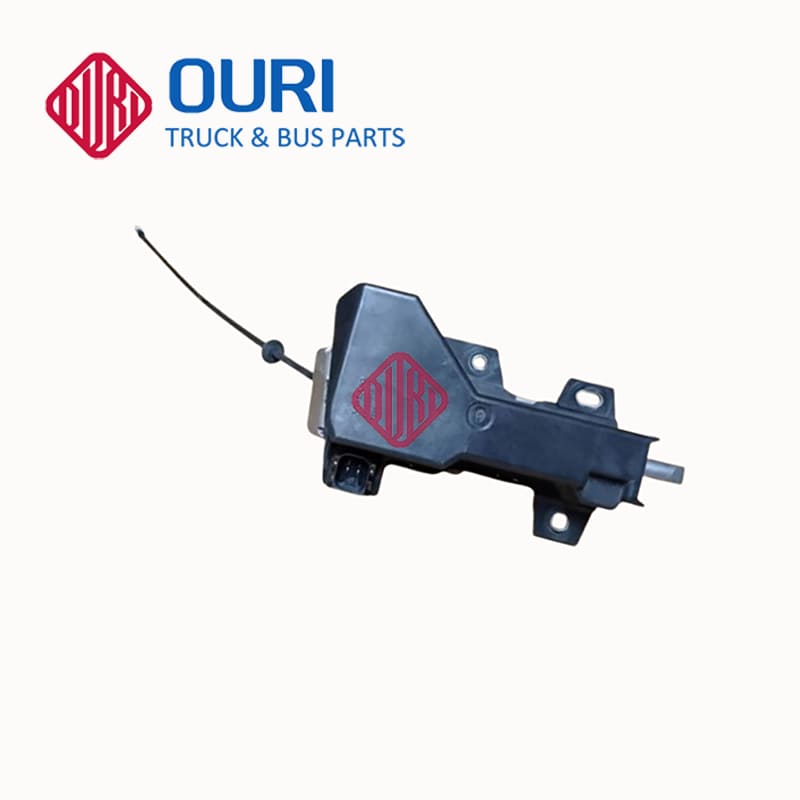When sourcing parts for your truck, partnering with the right truck parts supplier can save time and prevent costly issues. However, many buyers fall into common traps that lead to mismatched parts, delayed repairs, or poor long-term performance. This article breaks down the key mistakes to steer clear of, helping you make more informed choices for your truck's needs.
Not Verifying Product Compatibility With Your Truck Model
One of the biggest errors buyers make is assuming a part labeled for "heavy-duty trucks" will work for their specific vehicle. Even within the same category, truck models (like Volvo, MAN, or Freightliner) have unique specifications—from engine size to electrical connections—that affect part fit.
For example, a cooling system part designed for a mid-size truck may not align with the cooling needs of a full-size heavy-duty model. To avoid this, always cross-check the part's compatibility with your truck's exact make, model year, and VIN or chassis number. If unsure, ask the supplier for technical documentation or direct support to confirm fitment before purchasing.
Ignoring the Supplier's Quality Control Processes
It's easy to prioritize price over quality, but skipping checks on a supplier's quality control (QC) can lead to faulty parts that break down quickly. A reliable truck parts supplier will have clear QC measures in place to ensure parts meet industry standards.
Look for suppliers that follow recognized certifications (such as ISO) or have in-house testing protocols—this means parts are inspected for durability, performance, and safety before being sold. Avoid suppliers that can't explain their QC steps; even a lower-cost part isn't a bargain if it fails and causes further truck damage or downtime.
Overlooking After-Sales Support and Warranty Terms
Many buyers focus only on getting the part delivered, but neglecting after-sales support and warranty coverage is a costly oversight. Trucks often need parts replaced quickly, and if a part arrives defective or fails shortly after installation, you'll need timely help.
Before committing to a supplier, ask about their after-sales policies: Do they offer returns or exchanges for faulty parts? What does their warranty cover (e.g., manufacturing defects, lifespan)? A supplier that stands behind its products with clear warranty terms and responsive support will reduce stress if issues arise.
Failing to Assess the Supplier's Delivery Capabilities
Truck downtime costs money, so waiting weeks for a critical part can harm your operations. Yet some buyers don't check a truck parts supplier's delivery capabilities before ordering—leading to unexpected delays.
Ask about key delivery details: Do they have in-stock inventory for common parts? What's their typical delivery timeframe for custom or hard-to-find components? For urgent needs, do they offer expedited shipping options? A supplier with reliable inventory and flexible delivery can keep your truck on the road faster.

Conclusion
By avoiding these four mistakes—skipping compatibility checks, ignoring QC, overlooking after-sales support, and neglecting delivery assessments—you'll build a more effective partnership with your truck parts supplier. Taking the time to verify these details upfront ensures you get parts that fit, last, and arrive when you need them, minimizing disruptions to your work.
To find a partner that addresses these key areas—from verified compatibility to reliable after-sales support—explore our truck parts offerings, where you can browse components tailored to your specific truck model and connect with a team ready to assist with fitment questions or delivery needs.

 Oct 16 , 2025
Oct 16 , 2025


